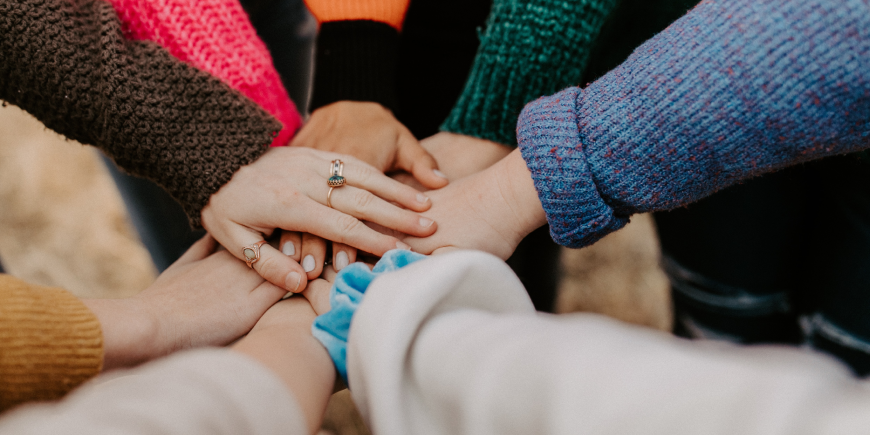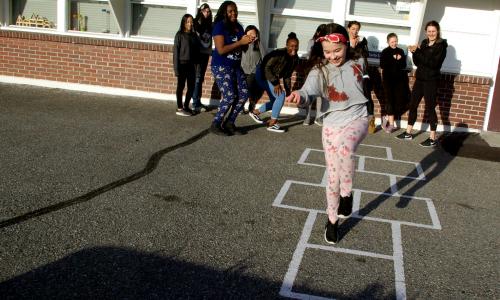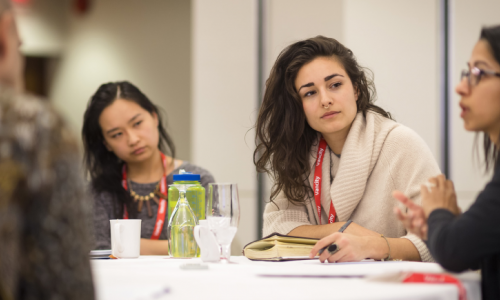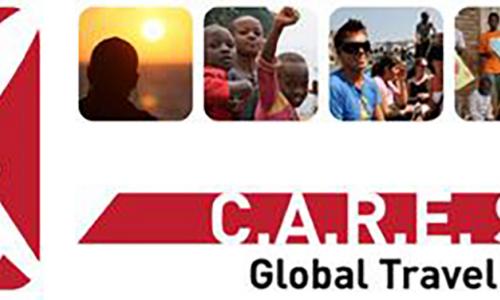
Imagine arriving at work one day and finding a new co-worker has joined your team. He comes from abroad, and he’ll only be working with you for a short while. After graduating from university, he wanted to come to a different country and volunteer for a spell, just to gain experience and help out however he can.
You are somewhat skeptical: you’ve seen this type of person before. But being the welcoming soul you are, you answer his many questions, help out with his difficulties in English, and nod politely when he talks about how things are different (better?) at home. You listen too, and half-heartedly try out some of his new ideas for your organization, even if you think they’re off-base. You are a bit miffed that, as a guest, he seems to enjoy privileged access to your boss. After a few months he leaves, and leaves behind a half-done project which never gets picked up.
Now consider the myriad programs you’ve heard of in which people from Canada, the US or elsewhere travel to the “Majority World” to intern or volunteer, often combined with academic study or research. Right now in villages and shantytowns around the world, enthusiastic young people are teaching English, volunteering in orphanages, and planting community gardens; while groups of middle-aged church folk hand out medical supplies, build schools, and assemble sewage systems.
It’s difficult to say just how widespread this phenomenon is; travel is often officially considered either “business” or “pleasure,” and international volunteers may avoid stating their purpose to border authorities for fears of sticky paperwork. However, a Google search for “volunteer abroad” yields almost 700,000 hits, and a scan through the first 500 or so demonstrates the vast range of opportunities for such experiences. Such programs generally invoke thoughts of generosity and sacrifice, friendships, partnerships, and deeply meaningful personal awakenings to the realities of global inequality. But what other impacts and implications might these programs have? Are they truly an effective means of achieving their implied or stated goals – that is, improving the lot of the poor? Or, more provocatively, are they simply a glorified form of tourism wrapped in a veneer of altruism - Call it “altourism,” or development tourism – with few real benefits for receving communities?
“Altourists,” or development tourists, are motivated to varying degrees by both a desire to make a difference and a thirst for adventure. But as many of these travellers discover, altourism is often fraught with its own ethical and practical quandaries. For instance, if I’m going somewhere to “help people,” what am I assuming about those people? How effective a worker can I be in a place where I hardly speak the local language, and where my specific skill set might bear only a passing resemblance to what is actually needed? And one of the most difficult questions of all: do the people I’m working with really want me there?
Participants and organizers of most volunteer and work trips to the Global South would certainly object to their programs being referred to as “development tourism.” The term can indeed sound disparaging, as it turns the noble idea of doing service work for the poor into a relationship in which the workers, as tourists, are the true beneficiaries. And certainly, not all participating organizations are deserving of the label. But a smattering of reports from the field, combined with some sober consideration of the phenomenon as a whole, should still lead those of us who have been bitten by the travel bug to consider carefully both the good and the bad of our well-intentioned excursions abroad.
The preceding was adapted from a larger article that originally appeared in Briarpatch Magazine.














